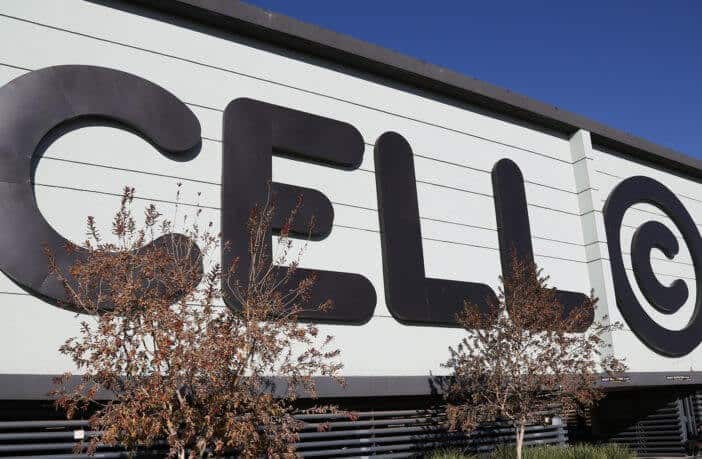Net 1, the company behind Cash Paymaster Services that used to run SA’s social grant payment system, has injected R300 million in embattled mobile phone operator Cell C.
Cell C is 45% owned by JSE-listed Blue Label Telecoms, 15% by Net 1, 3 Special Purpose Vehicles (SPVs) collectively hold 30% (in turn held by 3C Telecommunications and further in turn held as 29.4% by the Employee Believe Trust, 45.6% by Oger Telecoms and 25% by broad-based black empowerment grouping CellSAf); and Cell C Management and Staff hold 10%.
Net 1 and Blue Label Telecoms have written down to zero the value of their stake of the embattled mobile network, Cell C, which recently reported an R8 billion loss in the year to June, hit by impairments.
Last month, Net 1disclosed that it was working closely with Cell C and its stakeholders to improve its short-term liquidity challenges.
The mobile phone company is under increasing pressure on its liquidity due to its high level of debt and the associated servicing costs.
During the third quarter of fiscal 2019, Cell C signed a term sheet with the Buffet consortium, but the implementation of this capitalization has been delayed. “As a result, Cell C requested shareholder support and in September 2019, we agreed to provide up to R300 million of support to the company through the purchase of prepaid airtime,” Net 1 in its latest annual report informed investors.
“This, along with support from Blue Label Telecoms and Cell C’s debt providers, should provide a liquidity platform to Cell C to enable it to conclude revised commercial arrangements with MTN, as well as a recapitalization of the business.”
The use of airtime to fund Cell C is not a new thing.
In 2017, Cell C bought R2.5-billion worth of its own airtime from the occasionally controversial JSE-listed company Blue Label Telecoms — which immediately used the money to fund a large part of its acquisition of a big stake in Cell C.
That probably makes Cell C the first company ever to be bought, in part, with its own airtime.
At the time, it also raises questions about the transaction, so much so that Cell C’s own black empowerment shareholders, CellSaf, believe the vast and complicated deal, which has been portrayed as a way to save Cell C from ruinous debt, may, in fact, have amounted to a corporate magic trick.
For more read: How Cell C was bought with its own airtime
